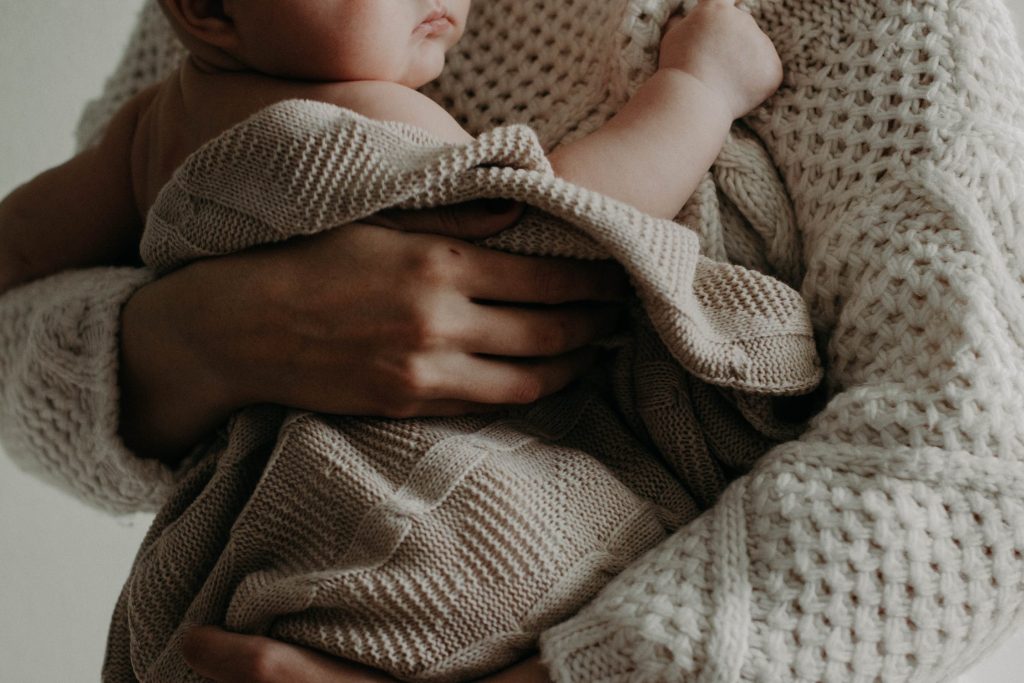Home > News & Media > Number of teen pregnancies and minor marriages fall steadily in past decade
Number of teen pregnancies and minor marriages fall steadily in past decade
Last Update on August 1, 2022

This article was originally published by The Straits Times on 31 July, 2022.
SINGAPORE – It is increasingly uncommon to find a teenage mother or a very young married couple these days because a greater number of youngsters are more savvy about using contraception.
This is the observation of social workers who work with teenage mums and youths.
The number of babies born to teenagers aged 19 and younger has been falling steadily in the past decade to 224 last year (2021) – less than half the 575 in 2012.
The babies born to teenage mothers comprised 1.3 per cent of all babies born in 2012 and this dipped to 0.6 per cent last year.
The data is contained in the Report on Registration of Births and Deaths 2021 released by the Immigration and Checkpoints Authority on June 30.
Meanwhile, the proportion of minor marriages where at least one spouse is below 21 years old fell to below 1 per cent of all marriages last year – the first time on record. The Department of Statistics stated this fact in the Statistics on Marriages and Divorces 2021 report released on July 6.
Last year, such minor marriages comprised 0.8 per cent of all marriages, down from 2.6 per cent in 2011.
There were 236 minor marriages last year – which is about a third of the 716 in 2011. Like the number of babies born to teens, the number of minor marriages has also been falling steadily in the past decade.
A spokesman for Babes, a charity which helps teens facing a pregnancy crisis, said young people are more knowledgeable about using contraception to protect themselves from an unwanted pregnancy, given that information on birth control is readily available online.
This would have led to fewer teenage pregnancies and births, even as young people are becoming more sexually active.
“They are increasingly exposed to sexuality issues at a younger age simply by virtue of the Internet where such content is easily available and even pushed to them,” the spokesman added.
“Some teens feel the pressure to have sexual relationships because they felt they had to keep pace with their friends who might seem to be sexually active. It can feel like they can fulfil social status goals such as being respected by their peers and to fit in with the crowd.”
Mrs Jennifer Heng, director of Safe Place, which helps pregnant women in distress, said there are also teenagers who chose an abortion, instead of giving birth.
Ms Lena Teo, director of therapy and mental wellness services at Children-At-Risk Empowerment Association (Care Singapore), said some of these minor couples marry to avoid having a child out of wedlock and prevent bringing shame or embarrassment to the family.
Others have religious beliefs against abortion.
Madam Zaleha Ahmad, centre director at AMP Marriage Hub, said most of the young couples it sees cited the baby as the reason for marrying.
So with fewer teen pregnancies, the number of minor couples would have also fallen, those interviewed said.
Meanwhile, the number of minor marriages has also dropped as both Muslim and non-Muslim minor couples have to go for a compulsory marriage preparation course before they can tie the knot, social workers say.
For example, the Administration of Muslim Law Act was amended in 2018 to require minor couples to attend such courses.
Madam Kamariah Yusoff, centre manager of Inspirasi PPIS, which runs marriage preparation courses for minor couples, said some families rethink their decision for the young couple to marry after attending the course as they realise how unprepared – practically, psychologically and emotionally – the couple are for marriage.
For young couples who chose to go ahead with their marriage, she added that they get the support they need through the marital programmes to help them address possible challenges.
Social workers point out that teens are not ready to have children, so their falling numbers is welcome news.
Madam Zaleha said minor couples face multiple challenges when it comes to marriage and parenthood as they have limited financial resources, not to mention other factors like their maturity level or preparedness to take on such roles.
And they may have limited opportunities to improve their education or career prospectives due to their caregiving and marital responsibilities.
She added: “These stressors might lead to the possibility of early divorce, which could result in a negative environment for the child to grow up in, leading to further complexities in the future.”

